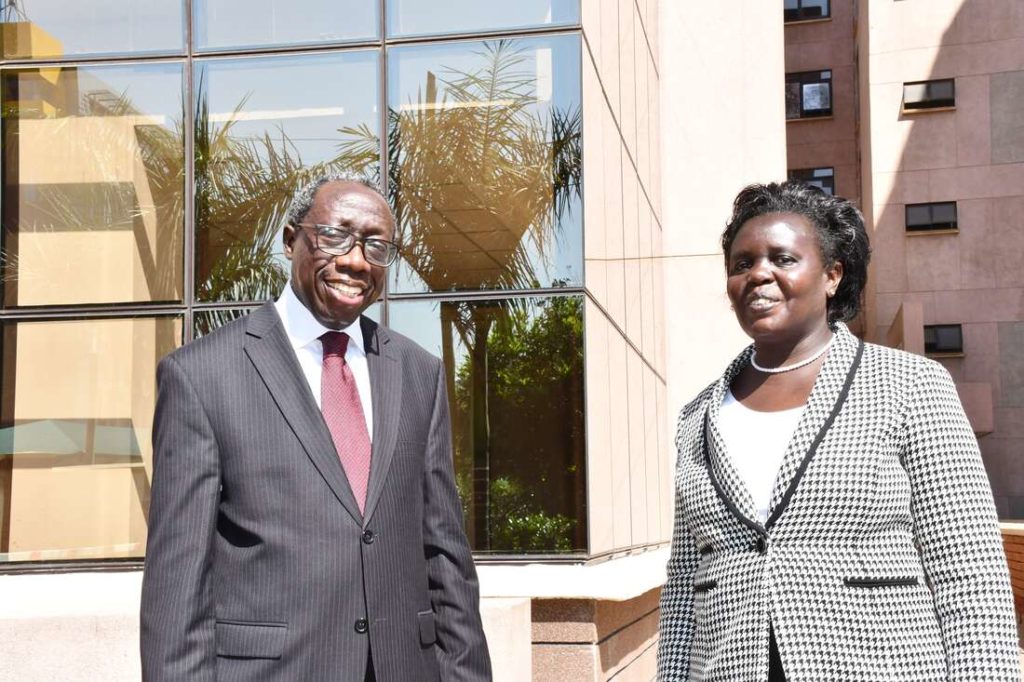Kenya Power #ticker:KPLC on Friday revealed plans for a larger stake of the electric car market through building countrywide charging points and push for further lowering of import taxes for non-fuel driven cars.
The electricity distributor said it would build a network of public electric vehicle charging points, targeting one of the hurdles for use of electric cars in Kenya.
It is also in talks with the State to cut taxes on electric cars and equipment for building charging points to meet the State target of having at least five percent of registered cars being non-petrol.
The electricity utility is looking at the electricity charging points as a new revenue streams in its race to diversify from selling power to homes and businesses.
“We are also planning to set up charging facilities across the country, and will make use of our existing workshops to provide after-sale services such as mechanical support,” Kenya Power acting CEO Rosemary Oduor told shareholders at the firm’s AGM.
"As Kenya’s only electricity off-taker, and with our goal being to become the energy solutions provider of choice, the opportunity presented by electric motorisation is substantive enough to be a dial-mover for the business."
The big worry for most people thinking about buying an electric car is how to charge the vehicles.
Kenya Power is expected to set the electric car charging points along major highways, parking lots and malls with its workshops being hubs for after-sale services.
It joins Kenya Electricity Generating Company (KenGen), which also recently announced it is investing in electric car charging system.
Kenya has joined the global push to promote the use of electric vehicles and reduce reliance on petrol and diesel. Fuel products are the country’s biggest import item.
Analysts acknowledge the high price of electric cars would not appeal to most African consumers but said scaling up production and favourable government policy could help bring prices down. "We are working closely with the Government to enact laws that will subsidise the cost of these vehicles and the attendant infrastructure such as storage and charging points," said Ms Oduor.To help encourage the adoption of electric vehicles, Kenya reduced excise duty on the cars from 20 percent to 10 percent.The Kenya Bureau of Standards (Kebs) has also adopted electric vehicle standards.By 2025, McKinsey estimates there will be more than 350 new electric vehicle models. This will pose unprecedented competition to established players like Tesla. Virtually every traditional carmaker across the globe […]
